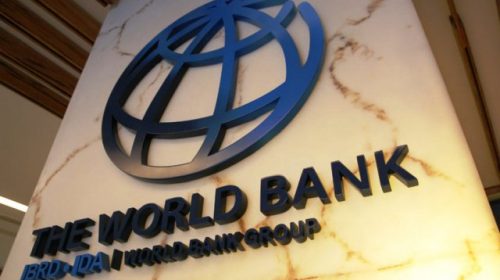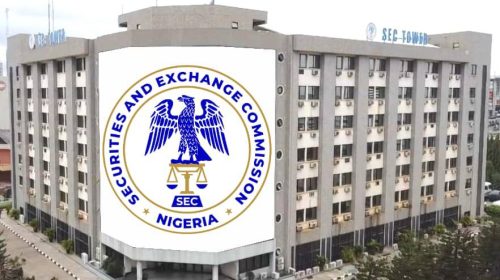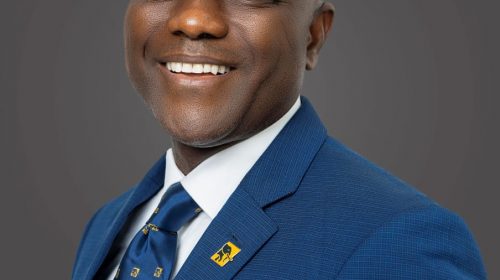Osakwe Gives Reasons for Delay in signing African free trade deal
The Director-General of National Office for Trade Negotiations (NOTN) and Chief Negotiator, Ambassador Chiedu Osakwe has given reasons for the delay in signing African free trade deal.
The President Muhammadu Buhari, he said suspended signing the African Continental Free Trade Area agreement in order to allow more time for consultation with relevant stakeholders.
Speaking while in an interview with journalists in Abuja Osakwe, said the government only suspended rather than cancelled the signing.
The Federal Executive Council had given its nod for the President to sign Nigeria’s participation in the continental free trade agreement in March and Buhari was scheduled to sign the document on March 21 in Kigali, Rwanda.
However, in a surprise move, the President failed to travel to Kigali even though an advanced team had gone ahead to prepare for the public appendage of Buhari’s signature to signal Nigeria’s participation in the agreement.
Some stakeholders, including the Nigerian Labour Congress, had argued that they were not consulted before the Federal Government decided to sign the agreement.
Osakwe explained that Buhari suspended signing the document to allow more time for relevant stakeholders to make their contributions before Nigeria would signal its participation in the trade deal.
He said, “We did not withdraw from signing. The President’s decision was that he was suspending signing until the nation had nationwide, industry-wide and sector-wide negotiations and consultations, and report same to him with recommendations.
“We analysed all the feedback that we obtained from the nationwide process. So, I will not characterise it as a withdrawal of signature, but actually a suspension of signature until what the President had asked for had been done, which we did from the 15th of March and basically concluded it with the Nigerian Bar Association Session on Business Law on the 28th of June. It was a three-month long process.”
He explained that the AfCFTA was a decision taken by African Heads of State and Government in 2012, which was rooted in the 1980 Lagos Plan of Action, the 1991 Abuja Treaty and in 2012 at the 18th edition of the African Union Assembly of Heads of State and Government.







Leave a Reply